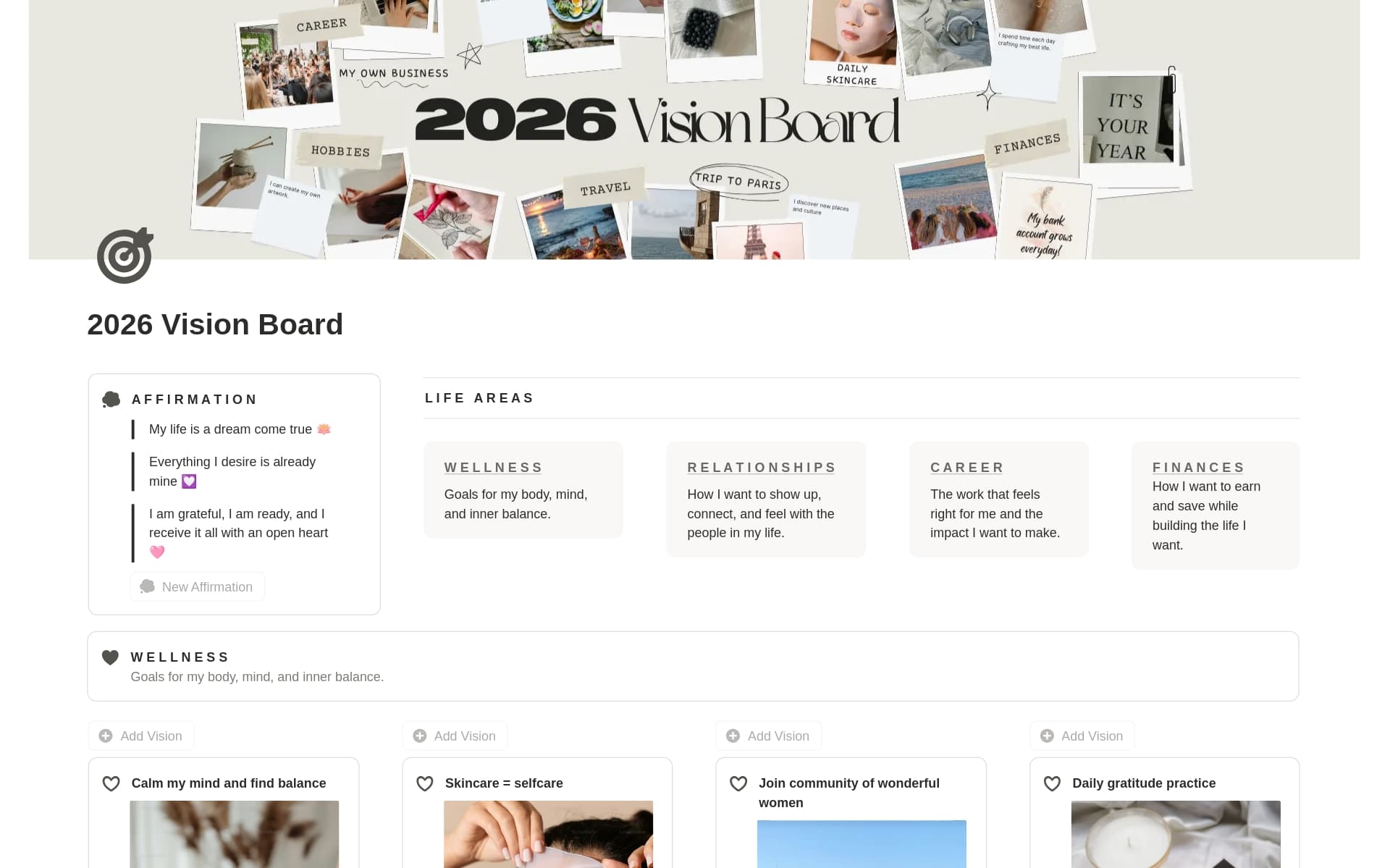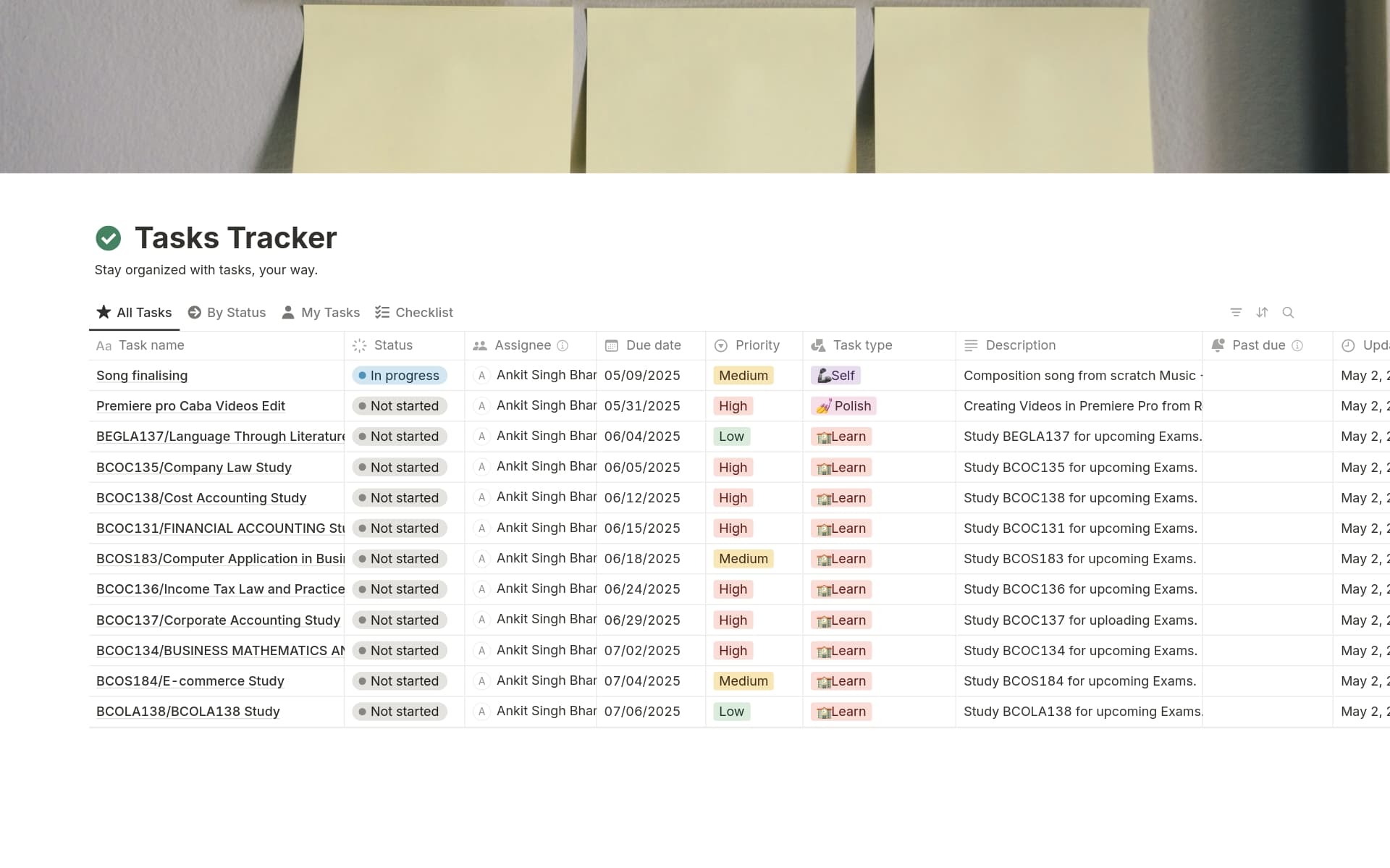Notion's sprint retrospective templates provide an effective way to assess project success, identify opportunities for improvement, and drive continuous improvement across your organization. Customize your templates to meet your specific needs and start taking your team's productivity to the next level.
What Should Retrospective Templates Include?
Choosing the right retrospective template in Notion can significantly enhance your team's review process. Here are key components to look for when selecting a template:
Clear Objectives: The template should clearly outline the goals of the retrospective to ensure that every participant understands the purpose and what needs to be achieved.
Structured Activities: Look for templates that include well-organized activities that guide the team through the process of reflection and ideation, helping to generate valuable insights.
Actionable Items Section: A good template will have a dedicated section for action items to ensure that insights lead to tangible outcomes and improvements.
Feedback Mechanisms: Ensure the template facilitates easy and anonymous feedback, which is essential for honest and productive discussions.
Selecting a template with these components will help streamline your retrospective sessions, making them more effective and engaging for all participants.
What Should Retrospective Templates Avoid?
Choosing the right retrospective template in Notion can significantly impact the effectiveness of your team's reflection sessions. It's important to know what features may hinder rather than help your retrospectives.
Overly Complex Layouts: Templates with too many sections or complicated navigation can detract from the main goal of retrospectives, which is to streamline thoughts and discussions.
Fixed, Non-Customizable Fields: Avoid templates that don't allow you to modify the fields. Flexibility is key in adapting to the specific needs and dynamics of different teams.
Excessive Automation: While some automation can be beneficial, too much can make the retrospective feel impersonal and rigid. It's essential that the template fosters genuine dialogue and team interaction.
Choosing a template that avoids these pitfalls will facilitate a more engaging and productive retrospective session, ensuring that all team members feel valued and heard.




